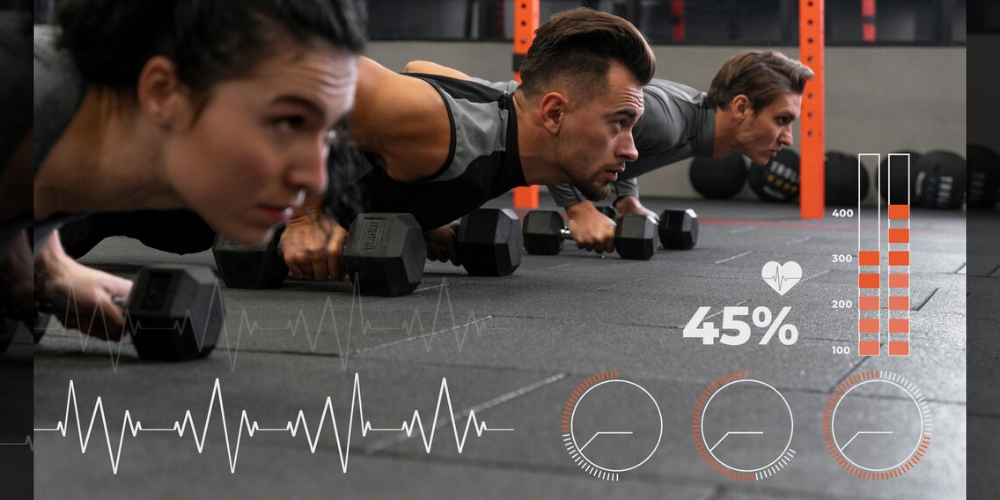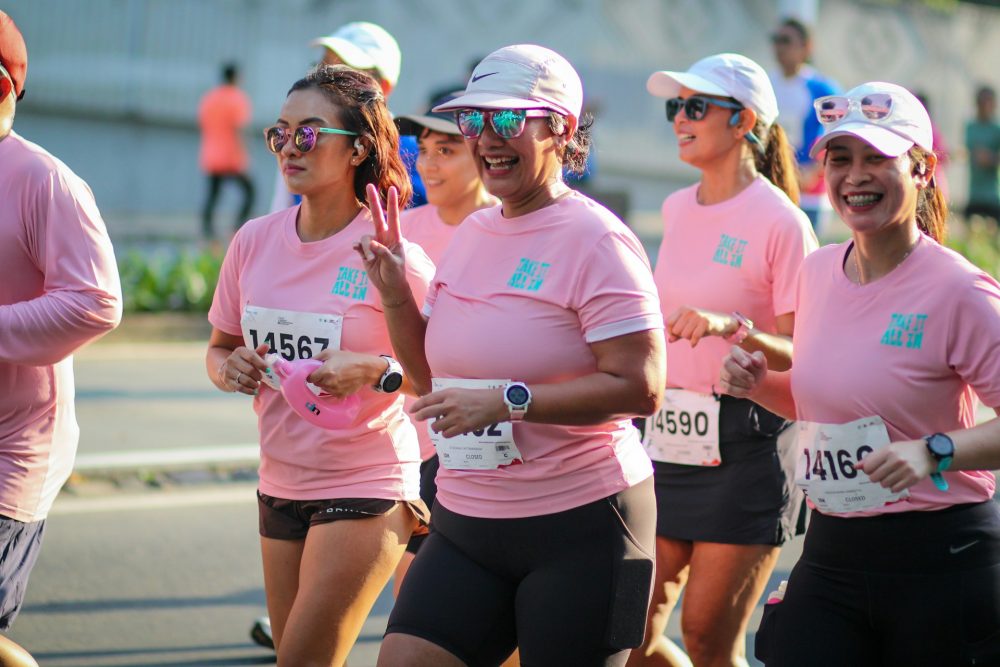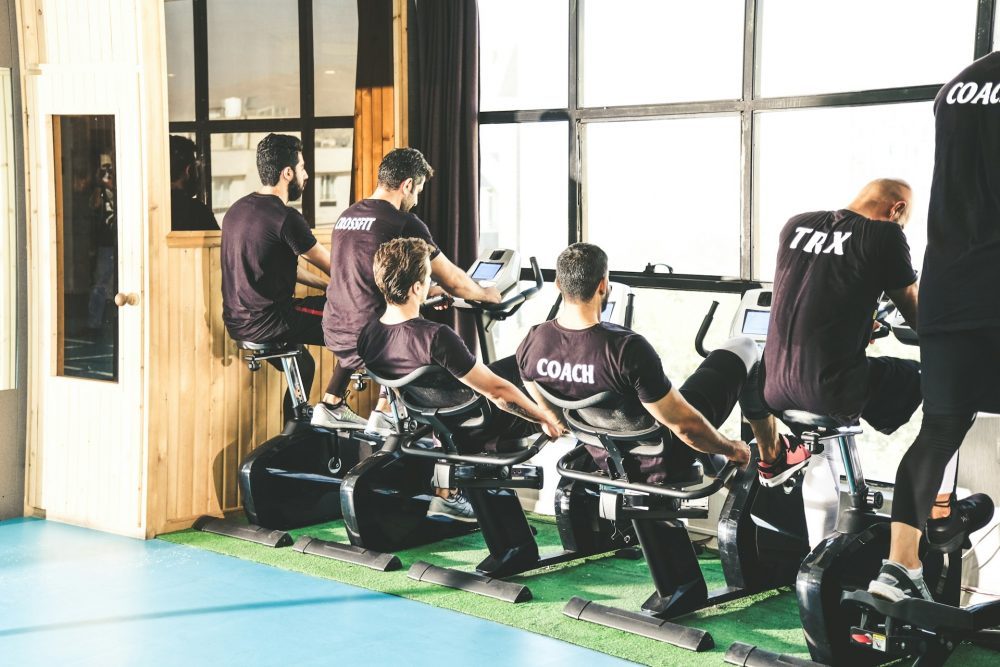Preparing for a half marathon requires more than just rigorous training; it demands careful attention to nutrition. Understanding what to eat before a half marathon can significantly impact performance, energy levels, and overall race experience. Fueling your body correctly ensures that you’re ready to tackle the challenge with vigor and stamina.
Essential Nutrients for Optimal Performance
Running a half marathon is a considerable step up from shorter races, necessitating a diet that supports both endurance and recovery. The right nutrition helps maintain energy levels, enhance performance, and speed up recovery times.
A well-balanced diet should include a mix of:
- Carbohydrates -These provide the primary source of energy. Opt for whole grains like oatmeal, brown rice, and quinoa, as well as starchy vegetables like sweet potatoes and squash.
- Proteins - Vital for muscle repair and growth. Choose lean options such as chicken, turkey, fish, and legumes.
- Fats - Healthy fats support sustained energy. Incorporate nuts, seeds, avocados, and olive oil into meals.
- Hydration - Proper hydration is crucial. Water is essential, but sports drinks can be beneficial during longer runs for replenishing electrolytes lost through sweat.
What to Eat Before a Half Marathon for Optimal Results
1. The Week Leading Up to the Race
In the week leading up to the race, focus on carbohydrate loading. This involves increasing carbohydrate intake to maximize glycogen stores in muscles. Consuming complex carbs like whole grains and legumes will provide sustained energy. Avoid high-fiber foods the day before the race to prevent gastrointestinal issues.
Recommended foods to include:
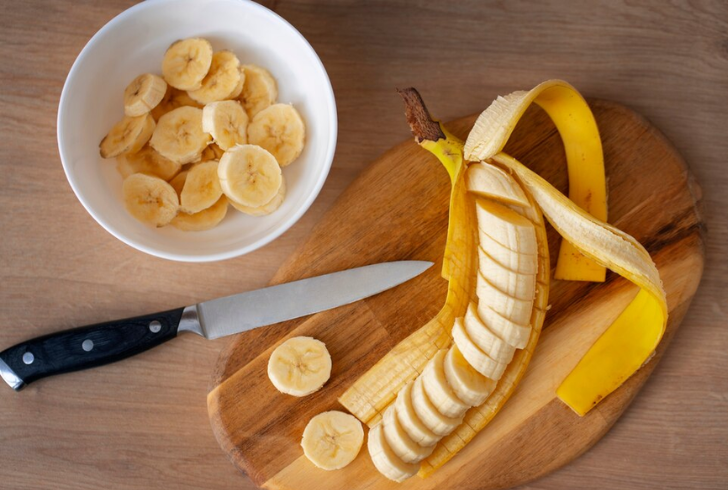
Freepik | Bananas are an excellent source of potassium and provide a quick energy boost.
- Whole-grain pasta - Ideal for carb-loading, especially when paired with lean proteins and vegetables.
- Bananas - A great source of potassium and quick energy.
- Greek yogurt - Provides protein and carbohydrates, perfect for pre-race breakfast or snacks.
2. What to Eat the Day Before the Race
The day before a half marathon is crucial for preparing the body for race day. Stick to familiar foods that you’ve successfully consumed during training to avoid any surprises.
Recommended pre-race meals:
- Breakfast - A bowl of oatmeal with fresh fruit or a bagel with peanut butter.
- Lunch -A turkey sandwich on whole-grain bread with a side of vegetables.
- Dinner - Whole-grain pasta with a lean protein and a side of vegetables.
It’s also essential to stay hydrated throughout the day. Drinking plenty of water, along with electrolyte-rich beverages if needed, will ensure optimal hydration.
3. Race Day Nutrition
On race day, stick to your usual pre-race routine. Eat a balanced breakfast about 2-3 hours before the start to ensure ample digestion time. Ideal choices include a mix of carbohydrates and proteins such as whole-grain toast with nut butter or a banana with a small serving of Greek yogurt.
During the Race:
- Hydration - Drink water every 20 minutes. If the race is over an hour, consider using sports drinks to replenish electrolytes.
- Snacks - If needed, carry easily digestible snacks like energy gels, pretzels, or fig bars. Test these during training to ensure they work well for your body.
4. Post-Race Recovery
Recovery is just as important as the race preparation. After crossing the finish line, immediately consume simple carbohydrates like fruit to replenish glycogen stores. Within an hour, have a snack rich in both protein and carbs to aid muscle recovery.
Effective post-race snacks:
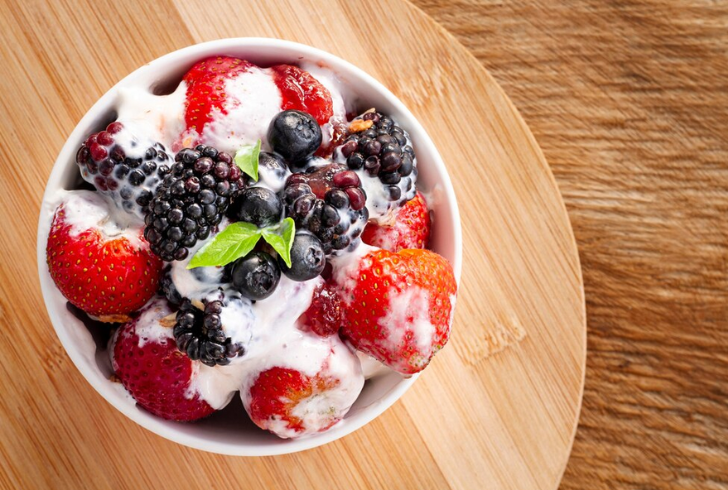
Freepik | Low-fat Greek yogurt with berries offers vital nutrients that support effective recovery.
- Chocolate milk - Offers a good balance of carbs and protein.
- Low-fat Greek yogurt with berries - Provides essential nutrients for recovery.
- Grilled cheese sandwich on whole-grain bread - A satisfying option for muscle repair.
Knowing what to eat before a half marathon can make a significant difference in race performance. By focusing on a balanced diet of carbohydrates, proteins, and fats, and maintaining proper hydration, runners can ensure they are well-prepared for race day. Experiment with different foods and hydration strategies during training to find what works best for individual needs.
By adhering to these nutritional guidelines and incorporating the right foods into your pre-race routine, you set yourself up for a successful and enjoyable half marathon experience.


